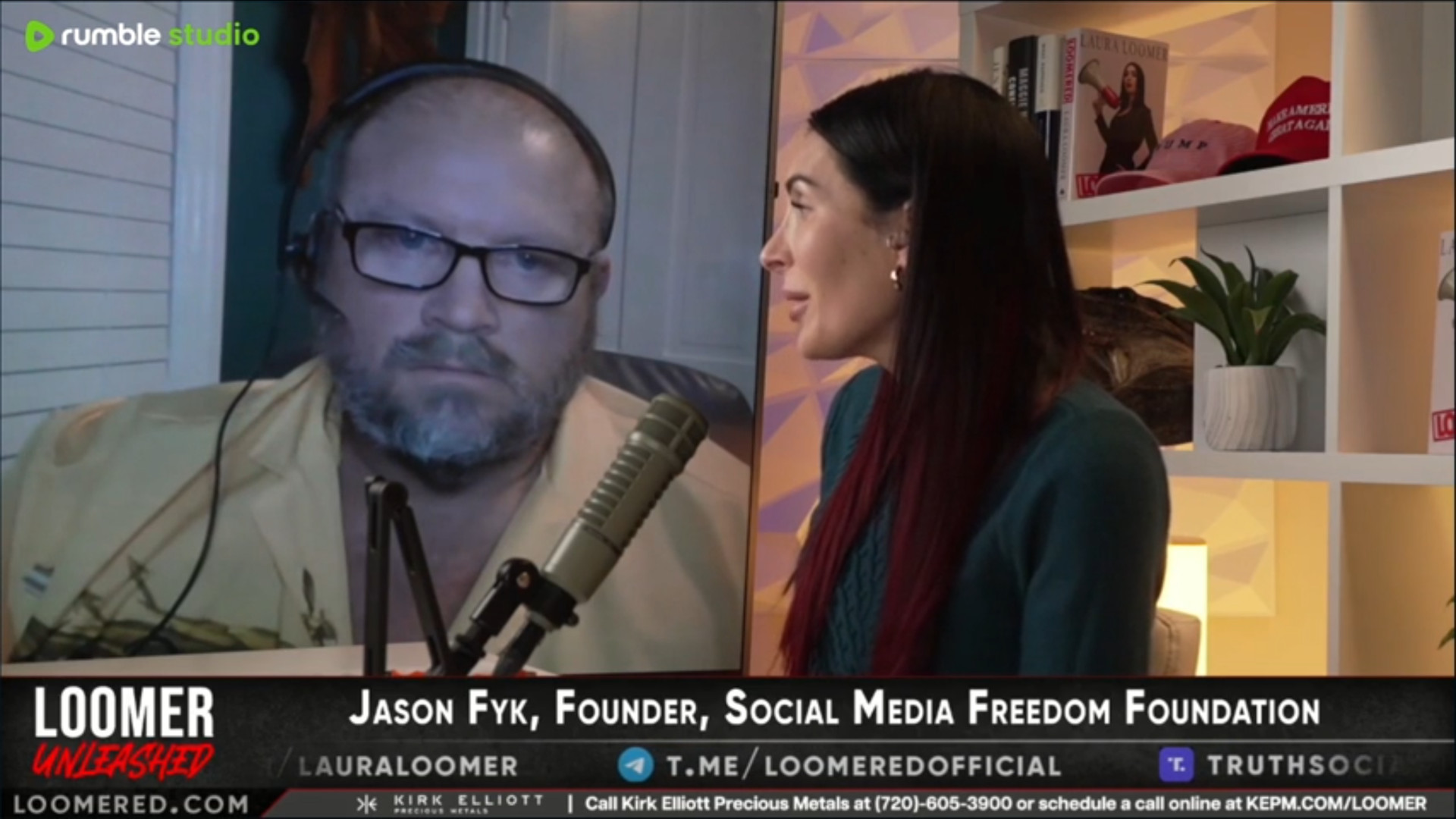Barnes V. Yahoo! Inc. Immunity Test Correction
Courts have often applied a three-part legal test which originated in Barnes vs. Yahoo. The test was made to determine whether a lawsuit satisfies Section 230(c)(1)’s “Treatment of publisher or speaker”. Unfortunately, the three-part test, currently used by the courts in the wake of the Barnes case, lacks critical elements. Here, the 9th Circuit court failed to recognize the statutory conflict created between 230(c)(1) and 230(c)(2) when “the publisher” is converted into “a publisher”.
This three-part test mistakenly prevents a service provider from being treated as “a publisher” of third-party materials even when the provider becomes “a publisher” in an active secondary publishing capacity. This miniscule mistake had a tremendous effect on Section 230 protections. Section 230(c)(1) has been misinterpreted to mean a service provider cannot be treated as “a publisher” in any capacity, so long as the content originated from a third party, even when the provider is itself acting as a secondary publisher of the content. Section 230(c)(1) essentially became immunity from all publishing conduct.
We know this is wrong because if a provider cannot be treated as a publisher in any capacity so long as the content originated from a third-party and “publication involves reviewing, editing, and deciding whether to publish or to withdraw from publication third-party content” (see Roommates) then section 230(c)(2)’s active publishing civil liability protection would be rendered entirely superfluous as noted in Fyk v. Facebook and as noted by Justice Thomas noted in Enigma v. Malwarebytes.
The court’s misconception that a “separate grant of immunity” is provided by 230(c)(2) “perhaps because [the provider] developed, even in part, the content at issue can take advantage of subsection (c)(2)” is plainly wrong. If a provider cannot be treated as a publisher under 230(c)(1) and “develop[ment], even in part” is publishing conduct, then 230(c)(1) would swallow “develop[ment], even in part” as well thus the court’s example is moot.
Besides the court’s misunderstanding of 230(c)(1) and the court’s misunderstandings surrounding 230(c)(2)’s additional protections, the court also believes that “nothing in Section 230(c)(1) turns on the alleged motive for removing content”. First off, Section 230(c)(1) does not protect any publishing conduct taken by the provider. Secondly, despite the courts assertion, motive matters at the 230(c) “Good Samaritan” threshold. “Good Samaritan” is the Intelligible Principle upon which all regulations must be based “in the public interest”.
To resolve any further confusion and to properly apply Section 230(c)(1)’s “Treatment of provider or speaker” the courts should modify it’s three-part test into a five-party test which properly assess whether a suit is or is not protected by Section 230(c)(1).
Incorrect legal test: (Barnes vs. Yahoo, Inc)
Immunity from liability exists for:
- a provider or user of an interactive computer service
- whom a plaintiff seeks to treat, under a state law cause of action, as a publisher (not “the publisher”) or speaker
- of information provided by another information content provider.’”
Correct (modified) legal Test: (Fyk vs. Facebook)
Immunity from liability exists for:
- a “Good Samaritan” – [230(c)]
- is the provider or user of an interactive computer service
- whom a plaintiff seeks to treat, under a state law cause of action, as “the publisher” or speaker of information provided exclusively by another information content provider – [230(c)(1)]
- who takes any voluntary action, as “a publisher”, to restrict ‘offensive materials’ in “good faith” – [230(c)(2)(a)]
- who takes any action to enable another information content provider the technical means to restrict materials – [230(c)(2)(b)]




